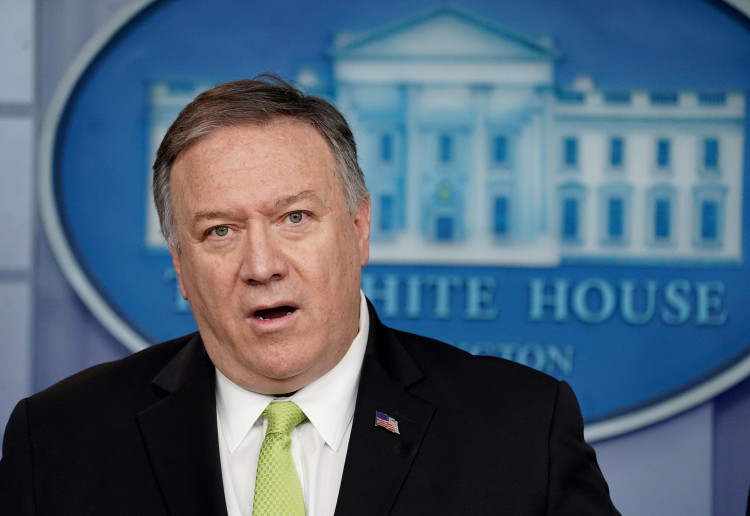The ongoing hostilities between the United States and Iran may linger on after the two countries' tip for tap fights deepened in recent weeks, military analysts disclosed on Tuesday.
The Trump administration has implemented a new round of economic sanctions on Iran, a few days after the Islamic Republic launched a barrage of missiles on American military installations in Iraq.
In a White House statement, US President Donald Trump said that measures have been taken to prevent revenues to stream into Iran's financial markets, money that could be used to fund and support the country's nuclear and terror activities.
Animosities between Washington and Tehran have worsened since the US drone attack that killed top Iranian general Qassem Soleimani near Baghdad's airport on January 3.
Several armed groups in the Middle East have collaborated with General Soleimani and, after his death, announced that they would target US servicemen or assets, Clay Ramsay, a researcher at the University of Maryland's Center for International and Security Studies, told Xinhua News.
According to Ramsay, it will be up to the Pentagon and US government to determine whether to retaliate against Iran, or just the actual attacker.
Brookings Institution top analyst Darrell West disclosed that the danger was that there would be a wave of attacks and counter-reprisals "that would never stop." Each side, West noted, would use the provocation of the other to justify their own actions.
Trump's thoughts on social media showed the US has no plans of cutting off Tehran's so-called "maximum pressure." Washington voiced out his support for demonstrations in Iran after it acknowledged that its armed forces unintentionally shot down a Ukrainian commercial aircraft that killed all of its 176 passengers.
Another Brookings Institution analyst, Michael O'Hanlon, said that while Iran will not want to go down the path of a full-blown shooting war with the Americans, attacks on military assets or oil-related facilities may not be ruled out.
Nevertheless, a conflict need not be a foregone conclusion, claims Ramsay, stressing that other measures could be taken to avert a possible spillover of hostilities.
Ransay further noted that there are many potential measures that could be applied peacefully on both sides.
Washington could choose areas to ease its chokehold of Iran's central bank's use of American dollars, enabling actual procurement and distribution of humanitarian and medical aid.
Trump could also opt to let certain oil transactions to be carried out. Iran could back out of the actions it announced earlier regarding withdrawing from the nuclear deal and it could negotiate these privately with officials of the International Atomic Energy Agency, Ramsay emphasized.






